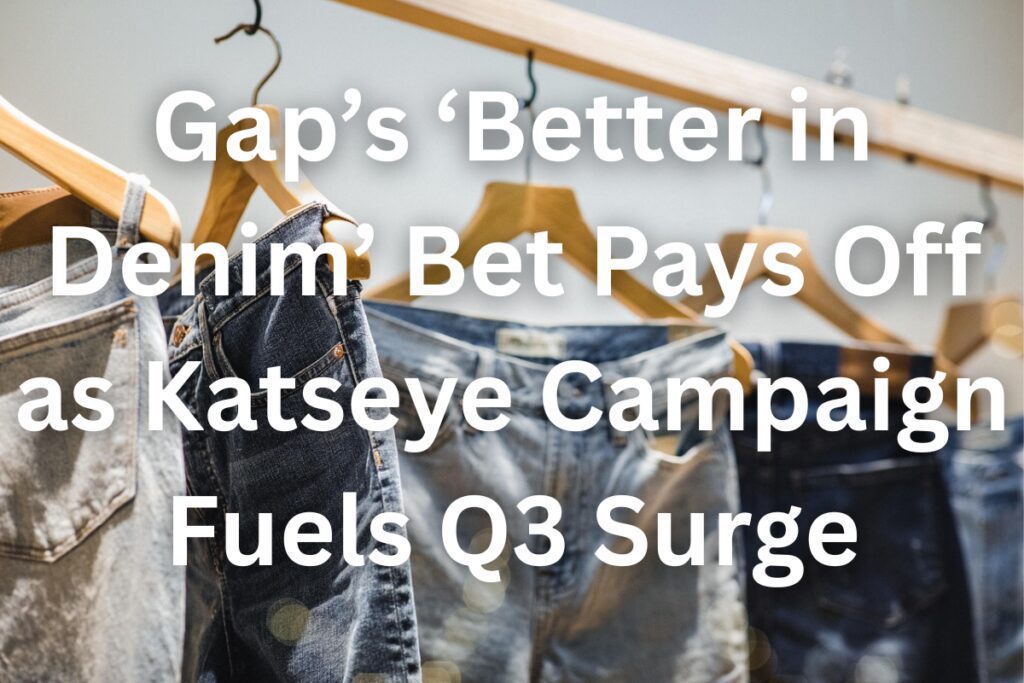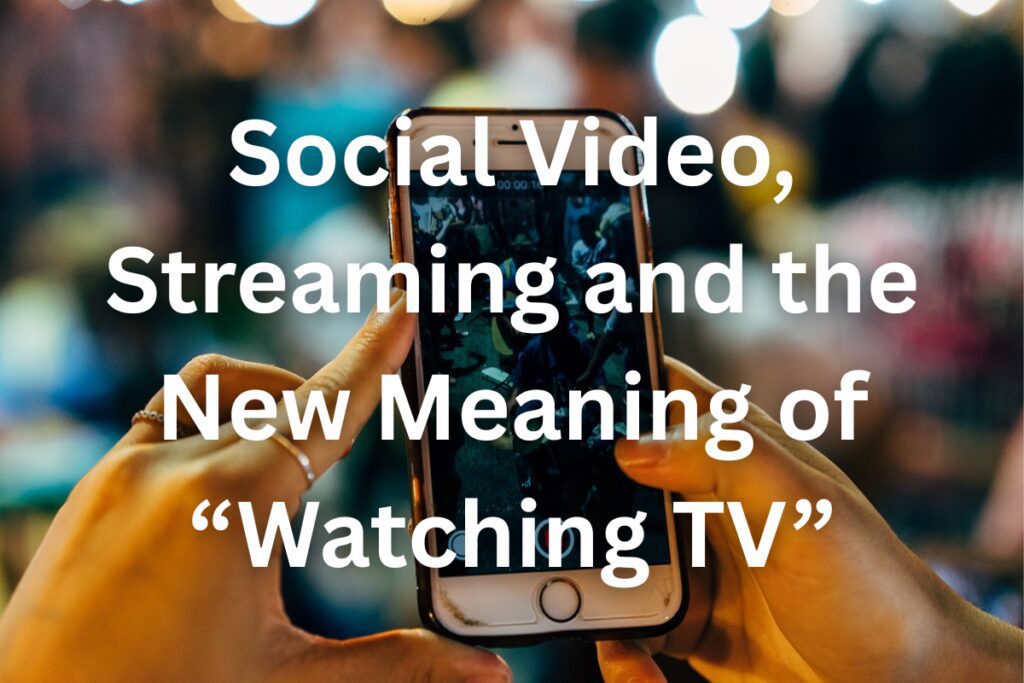Menopause has long been a natural transition in life, but only recently has it become an attractive subject for business. In the wake of an ageing population, the global market is responding to menopause with new and innovative products and services.
From “Femtech” treatments and specialised clothing lines to celebrity endorsements and conversations about menopausal symptoms, there’s no doubt that attitudes towards menopause are changing. Let’s take a closer look at how the global market is adapting to this growing demographic.
The Femtech Market
As the demand for solutions to manage menopause symptoms increases, so too does the size of the Femtech market—an industry designed specifically to address women’s health issues as they relate to reproductive needs. Currently estimated at around $500 million, Femtech encompasses everything from wearable technology designed to monitor menstrual cycles, fertility tracking apps, and hormone replacement therapy (HRT) treatments that can help ease menopausal symptoms like hot flashes or night sweats.
With an estimated 1.2 billion women entering menopause by 2030, it’s no surprise that investors have taken notice of this growing industry.
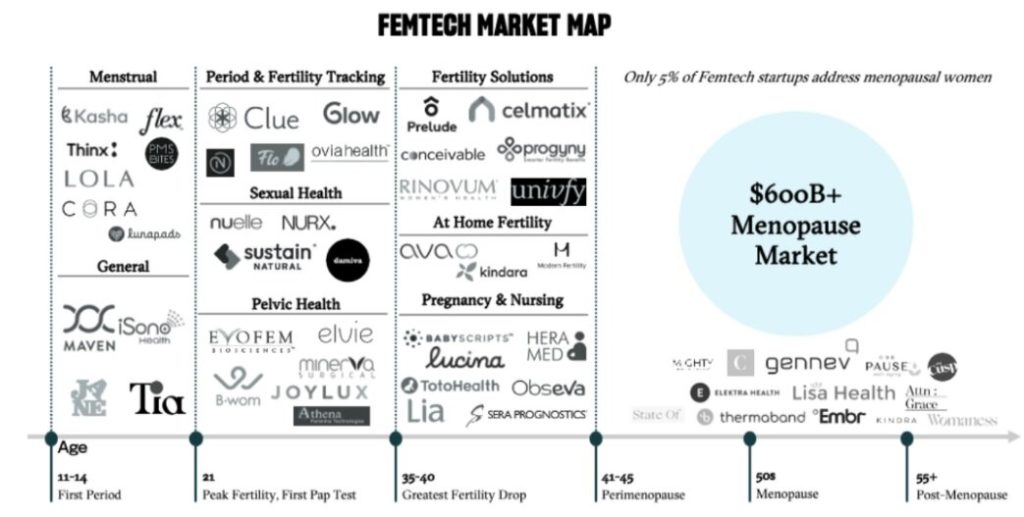
Menopause Clothing Lines
In response to increased demand for stylish yet comfortable apparel tailored specifically for women going through perimenopause or post-menopausal stages, retailers are now offering specialised clothing lines designed with comfort in mind. Ireland-based retailer Primark launched its first ever menopause clothing line last year which includes items such as moisture wicking pyjamas and cooling neck wraps meant to provide relief from hot flashes during sleep.
Increasingly popular “breathable fabrics” like bamboo rayon have also made their way into mainstream fashion collections—a move sure to benefit women going through perimenopausal changes who may experience higher body temperatures than usual due to fluctuating hormone levels.
Opportunities for Other Businesses
The growing visibility of menopause also provides opportunities for businesses not traditionally associated with women’s health. For instance, some travel companies are now offering “menopause-friendly” trips and holidays designed to help women ease physical symptoms like night sweats or manage stress levels in a more relaxed environment. Similarly, the wellness industry has seen an increase in services such as yoga, guided meditation, and hypnotherapy aimed at helping women cope with the physical and emotional changes of menopause.
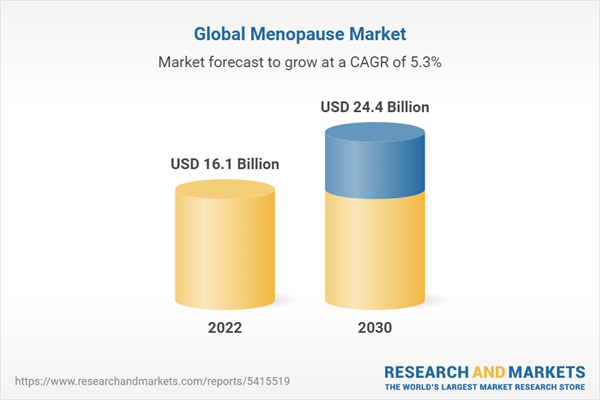
Ultimately, it’s clear that attitudes towards menopause are changing—and so is the global market. With more businesses looking to capitalise on this growing demographic, there has never been a better time for entrepreneurs and investors to explore the opportunities in this unique space. The future of menopause is looking brighter than ever!
Celebrity Endorsements & Conversations Around Menopause
We’ve seen a rise in conversations around menopause over recent years with celebrities openly sharing their experiences with this rite of passage. From Martha Stewart speaking openly about her hot flashes, to tennis legend Billie Jean King talking about her struggle– these conversations are helping break down any remaining taboos around menopause while creating a space for other women who may be struggling with similar issues in silence.
These celebrity endorsements have served not just as a platform for discussing symptoms but also as a way of normalising them—making it easier for more women everywhere to access healthcare solutions without fear or shame associated with getting older.
Opportunities for the Marketing Industry
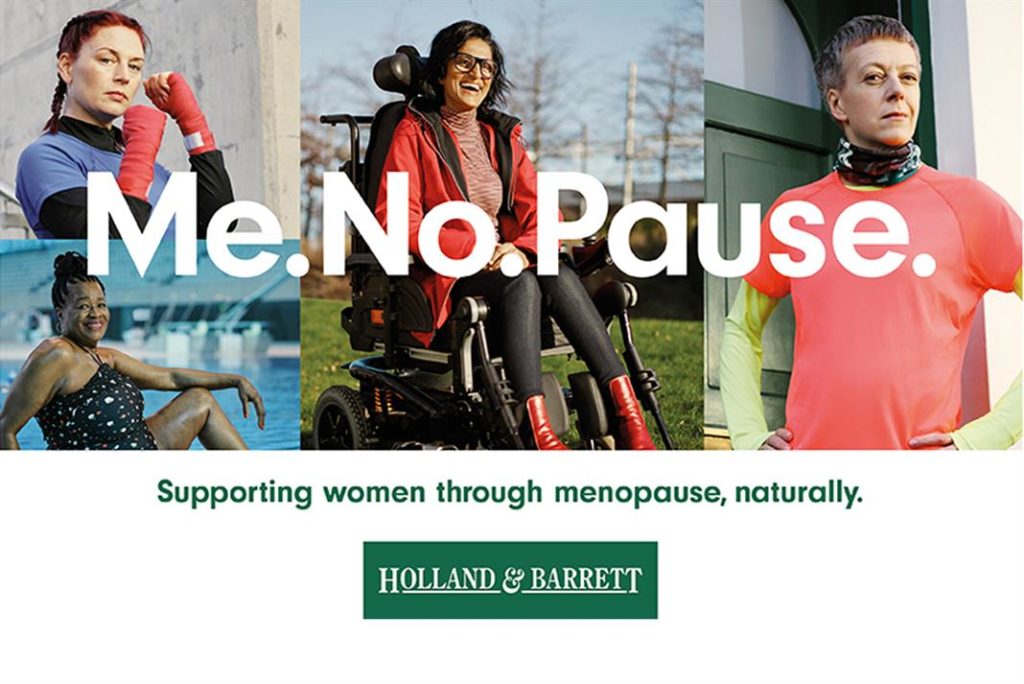
The growing visibility of menopause and the need for open conversations around this phase of life present a unique opportunity for marketers to create products and services that target this demographic. From understanding how to best position products and services, to creating ads that resonate with women in their late 40s and 50s – there is ample room for marketing teams to innovate. As more women come to terms with the biological changes in their bodies and seek out medical solutions, products that address menopause-related issues stand to make a significant impact on this growing industry.
By thinking innovatively about marketing and advertising, businesses have an opportunity to tap into the menopausal market and reach a highly engaged demographic of women. With more companies recognising the potential of menopause, we can only expect to see even more products and services geared towards this sector in the near future.
It's time to break the silence ✊👭 #MeNoPause pic.twitter.com/oy0116KA91
— Holland & Barrett (@holland_barrett) January 29, 2019
Ethical Considerations
Finally, it is also important for businesses to consider ethical implications when entering the menopause market. Companies should be aware of the cultural and societal differences that can affect how women around the world experience this phase of life. It’s also essential to ensure products marketed towards menopausal women are tailored to their needs—not merely an attempt to capitalise on an underrepresented demographic.
By taking into consideration the ethical implications of entering the menopause market, businesses can ensure they are creating products and services that truly meet the needs of their consumers.
Ultimately, it’s clear that attitudes towards menopause are changing—and so is the global market. With more businesses looking to capitalise on this growing demographic, there has never been a better time for entrepreneurs and investors to explore the opportunities in this unique space. The future of menopause is looking brighter than ever!
Conclusion
Gone are the days when menopause was considered something shameful or taboo – today it’s being embraced by both individuals and businesses alike! From “femtech” treatments aimed at easing symptoms like hot flashes and night sweats, specialised clothing lines tailored specifically for post-menopausal bodies, and celebrity endorsements which make it easier for others to talk openly about their experiences – all signs point towards increased acceptance of this natural rite of passage among consumers worldwide. As we move towards 2030 when 1.2 billion people will be experiencing or have experienced menopausal transitions—it looks like businesses everywhere will continue adapting accordingly!
With this in mind, the menopause market presents a unique opportunity for marketers to create products and services that target this demographic. By taking into account ethical implications and creating tailored solutions that meet the needs of their consumers – businesses have the chance to make a real impact on post-menopausal women’s lives! Whether you’re an entrepreneur, investor or simply a consumer – there’s never been a better time to get involved in the menopause market.



